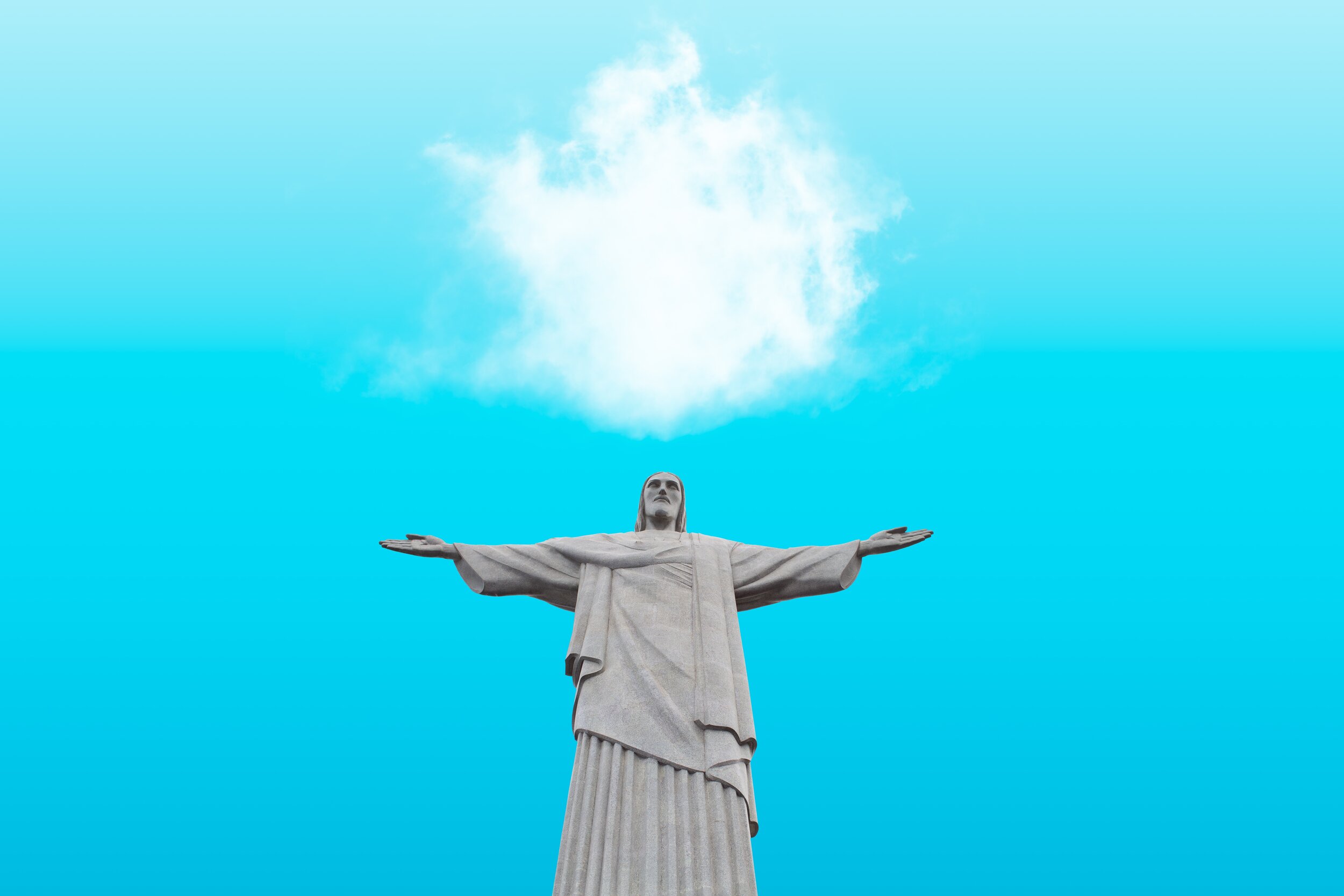Why "Religion" is Bad for You
Photo by Marcos Paulo Prado on Unsplash
The visible involvement of Christians on a number of policy fronts has led to an oft-repeated refrain of the separation of Church and State.
The underlying presumption is that this separation is the natural state of things, ordained by God to prevent the sad history of bloodshed brought about by bringing politics under undue religious interference. The inclusion of religion into public discourse is seen as an unnatural state and thus a destructive force.
Whenever I hear about debates like this, my inner Foucauldian breaks out to tell me that we need to take a step back from such ideological debates and ask, as William Cavanaugh did in his The Myth of Religious Violence, one small but important etymological question: is the word “religion” the same now as it was in the medieval and even classical period.
In other words, is the definition of religion the same regardless of history, culture and place? The argument that religious influence on politics is a regressive step can only work if such a trans-historical, trans-cultural and trans-spatial definition of “religion” actually exists.
Influenced by Foucault’s notion of archeologies of knowledge, Cavanaugh puts forward a compelling genealogy of the word “religion” to show that, rather than being a freestanding term, “religion” is actually historically and culturally contingent. More specifically, the definition of “religion” is bound up in the constant shifts in the configurations of power. In fact, the definitions are so bound up with power that to entertain the idea that you can have an understanding of “religion” that is free of any configuration of power, is itself the product of a submission to a hierarchy of power.
But very importantly, Cavanaugh goes onto argue with Talal Asad that religion currently conceived has been stripped of a very important component, its spatial manifestation in an embodied society. There seems now to be a conception of society that is in its natural state free from any religion. Society is seen as naturally secular. The notion of “religion” and “society” as separate categories, argues Cavanaugh, is actually peculiar to the West.
Not only that, conceiving of “religion” as something distinct from society is inextricably tied to the history of the rise of the modern nation state as a mechanism of social control. Put another way, Cavanaugh argues that it is the state that defines what counts as “religion”, because it wants to maximise control over “society”.
Against this backdrop, Cavanaugh suggests that the reason we associate religion with mere beliefs is because the machinations of state power have stripped religion of any societal manifestations, forgetting that “religion” in the classico-medieval definition implicates believers into societies of commitment and virtue, what Talal Asad calls “a program of disciplinary practices”.
The implications of this genealogy are massive, for in debates over the separation of church and state Christians will do well to avoid submitting to the terms set by the nation state. To call for freedom of “Religion” may actually amount to a ceding to the discursive cage set by the state.
“Religion” is bad for you, not because it violates the natural secularity of society, but because “Religion” defined as mere belief cut off from society is an emaciated witness to Jesus Christ. Conversely, a proper defense of religion must involve a proper appreciation of its spatial implications. This in turn means not only a rejection of an emaciated “religion”, but also a rejection of a naturally secular societal space.
This is not necessarily a return to chauvinism, as the screeching banshees of the secular commentarati would have it, but a proper recognition of the embodied nature of the Body of Christ, which is broken in real space and time for the life of the world. Indeed, Christians must also be wary of thinking back romantically on pre-modern notions of spatial religion, for even that might risk ceding to the supremacy of secular discourse, where a sacramental logic no longer has anything unique to offer to a naturally secular society.
As I argue in my book Justice, Unity & the Hidden Christ, it is through a proper appreciation of the sacramental logic of Eucharistic worship that can provide an alternative to the dominance of secular discourse. How it is an alternative will have to be the subject of another post.
Support Awkward Asian Theologian on Patreon, and help make a change to the theological web.




